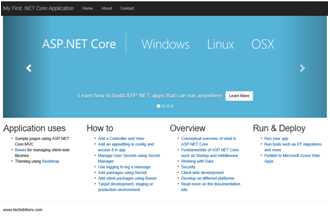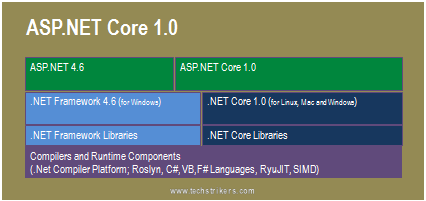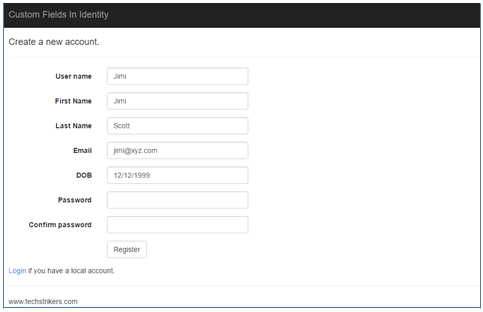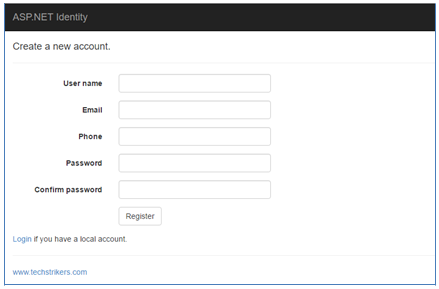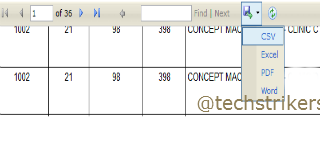Identifiers in C Language
Identifiers are names used to identify variables, functions, labels, or any other user-defined entity in the C programming language. An identifier can consist of letters (both uppercase and lowercase), digits, and underscores. However, it must follow certain rules and conventions. In this tutorial, we will explore the characteristics and guidelines for using identifiers in C.
Identifiers are an essential aspect of the C programming language that allow us to name variables, functions, labels, and other user-defined entities. They serve as unique identifiers for these entities within the program. In this tutorial, we will explore the different types of identifiers and the rules for constructing them in C.
Rules for Constructing C Identifiers
- Valid Characters: Identifiers can contain letters (both uppercase and lowercase), digits, and underscores (_). The first character must be a letter or underscore.
- Case Sensitivity: C is a case-sensitive language, so identifiers myVariable and myvariable are considered different.
- Length Limitation: Identifiers can be of any length, but only the first 31 characters are significant. Any additional characters are ignored.
- Reserved Keywords: Avoid using C's reserved keywords (e.g., int, if, for) as identifiers, as they have predefined meanings in the language.
- Naming Conventions: Follow a consistent naming convention to improve code readability. Common conventions include camel case (e.g., myVariable), underscores (e.g., my_variable), or all lowercase (e.g., myvariable).
- Meaningful Names: Choose descriptive names that reflect the purpose or functionality of the entity the identifier represents.
- Avoid Special Characters: Identifiers should not contain special characters such as spaces, punctuation marks, or mathematical symbols.
Examples Valid Identifiers:
Examples Invalid Identifiers:
Types of Identifiers
Variable Identifiers:
- Used to represent variables, which are memory locations used to store data.
- Examples: age, salary, count
Function Identifiers:
- Used to represent functions, which are blocks of code that perform specific tasks.
- Examples: calculateSum, displayMessage, main
Constant Identifiers:
- Used to represent constant values that do not change during program execution.
- Examples: PI, MAX_SIZE, TAX_RATE
Differences Between Keyword and Identifier
To understand the differences between keywords and identifiers in the C language, let's compare them in a table format:
| Keyword | Identifier | |
|---|---|---|
| Definition | Predefined words with special meanings | User-defined names |
| Purpose | Represent language constructs and actions | Represent variables, functions, and other entities |
| Usage | Cannot be used as variable or function names | Can be chosen by the programmer |
| Examples | if, for, while, int, void | count, sum, i, result |
| Scope | Global scope | Dependent on the declaration scope |
| Modification | Keywords cannot be modified or redefined | Identifiers can be redefined or reused |
Keywords are reserved words that have predefined meanings in the C language. They represent language constructs and actions, such as control flow statements (if, for, while) and data types (int, char, float).
Identifiers, on the other hand, are user-defined names that represent variables, functions, and other entities in the program. They are chosen by the programmer and should follow certain rules for naming conventions.
While keywords have a global scope and cannot be used as variable or function names, identifiers have scope dependent on their declaration and can be reused or redefined within the program.
It's important to distinguish between keywords and identifiers to avoid naming conflicts and ensure clarity in code. Identifiers should be chosen carefully to reflect their purpose and improve code readability.
